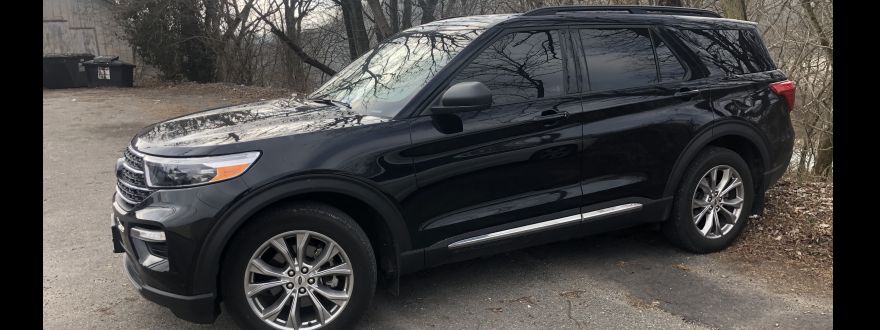
The first coverage provided by your car insurance is Liability Coverage. If you cause an accident with your car, Liability Coverage pays for damage and injuries you may cause to others. Auto liability coverage does not pay for injuries to you or damage to property you own.
The amount of Auto Liability coverage required to legally drive is determined by each state. The Indiana state minimum requirements are $25,000 / $50,000 / $25,000. In California $15,000 / $30,000 / $5,000.
What do these Liability Limits mean?
Let’s use Indiana as our example. The first Liability amount $25,000. This is the maximum amount available for Bodily Injury per person injured in an accident that you cause. The second Liability amount is $50,000. This is the maximum amount available per accident if multiple people are injured. The last Liability amount is $25,000. This is the maximum amount available to pay for any property damage caused by you.
Are State minimum limits enough? That depends on the severity of the accident, how many vehicles are involved, how many people are injured and how much property was damaged. I recently saw an example where driver rear- ended a Tesla at a stop light while traveling fairly fast. Two people in the Tesla were injured and transported to a hospital and the Tesla had over $30,000 in damage. The driver who caused the accident had state minimum coverage and was legally driving. The bodily injury coverage and property damage far exceeded the limits of the policy.
I was in an Auto Accident and I don’t have enough Auto Insurance, what happens now?
Your insurance company will pay the injured parties what is available under your auto insurance policy. You will be responsible to pay anything over that amount. You will most likely have to forfeit your personal assets. These may include your house, assets, savings and investments.
Liability Insurance is required by Law. All other coverages are optional.
Comprehensive: pays for damages to your vehicle not caused car accidents, such as animal strikes, vandalism, theft, and fire damage
Collision: pays for damage to your vehicle caused in a collision with another car or object.
Rental Reimbursement: pays for a rental car when your car is being repaired after an accident.
Medical payments coverage: Covers accident-related medical or funeral costs of any covered drivers or passengers, without considering fault.
There are additional optional Auto Insurance Coverages available on most car insurance policies. Ask your agent what additional coverage is available.




